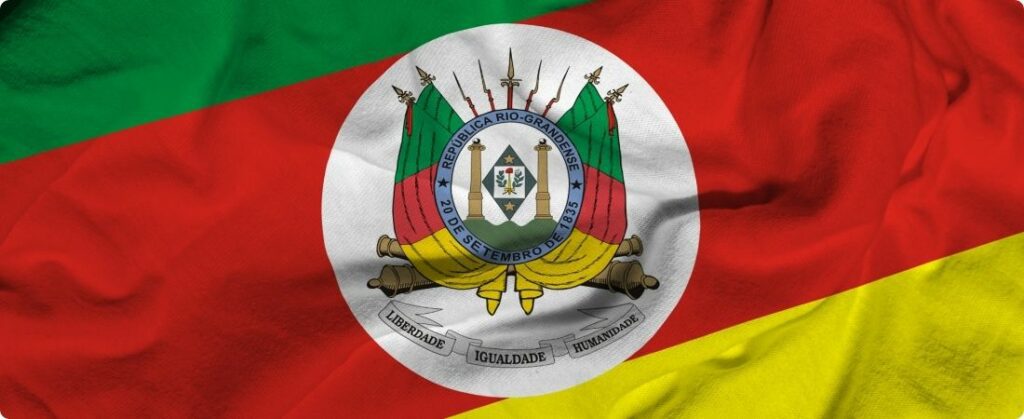
The survey by the consultancy institute Quaest, carried out between May 2 and 6 with 2,045 people in 120 municipalities, revealed that 99% of Brazilians perceive a relationship between climate change and floods in Rio Grande do Sul. Among those interviewed, 64% see the tragedy as fully linked to climate change, 30% partly and 5% see little connection. Only 1% of the participants do not notice any connection.
“This research demonstrates people’s growing awareness and concern about the effects of climate change. Furthermore, when discussing climate change, it is vital to highlight that it results from linear economic practices: extract, produce, discard. Of the total greenhouse gases (GHG) emitted worldwide, 55% are related to energy sources; 45% are linked to the way we manufacture and use products, materials and food in the current linear economy”, comments Luisa Santiago, executive director for Latin America at the Ellen MacArthur Foundation.
Circular economy: Key to climate change
To address climate change, according to her, it is crucial to consider both the transition to renewable energy sources and the transition to a circular economy. Therefore, applying circular economy strategies in five sectors (cement, aluminum, steel, plastic and food) can eliminate 9.3 billion tons of CO2e by 2050, equivalent to current emissions from all modes of transport.
“We need the circular economy to solve the climate crisis and avoid environmental consequences. But, more than that, the circular economy is also an agenda for innovation, productivity gains and competitiveness in the industry. In addition to generating employment and income. It is, therefore, a way to combine environmental, economic and social benefits and generate a more resilient economy”, he concludes.
Source: Leonardo Gottems | agrolink














